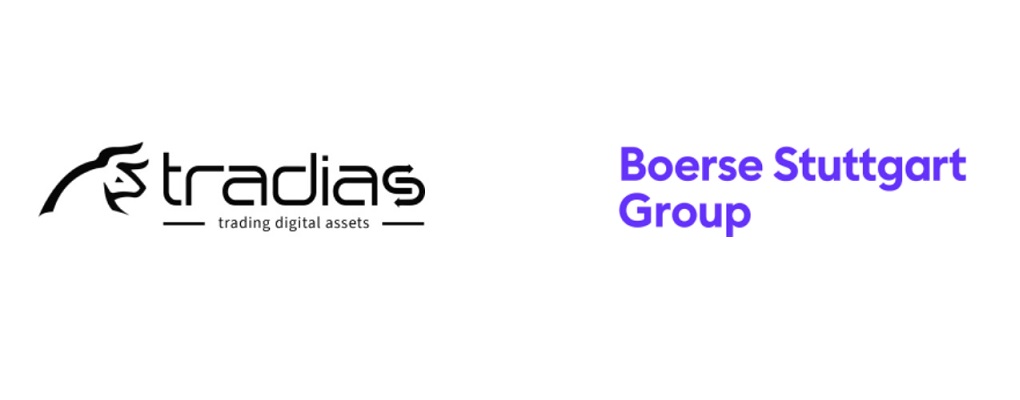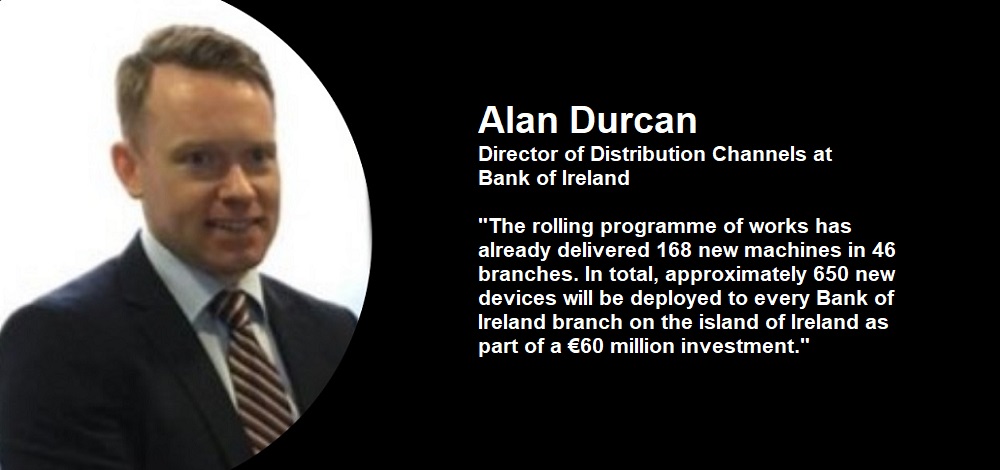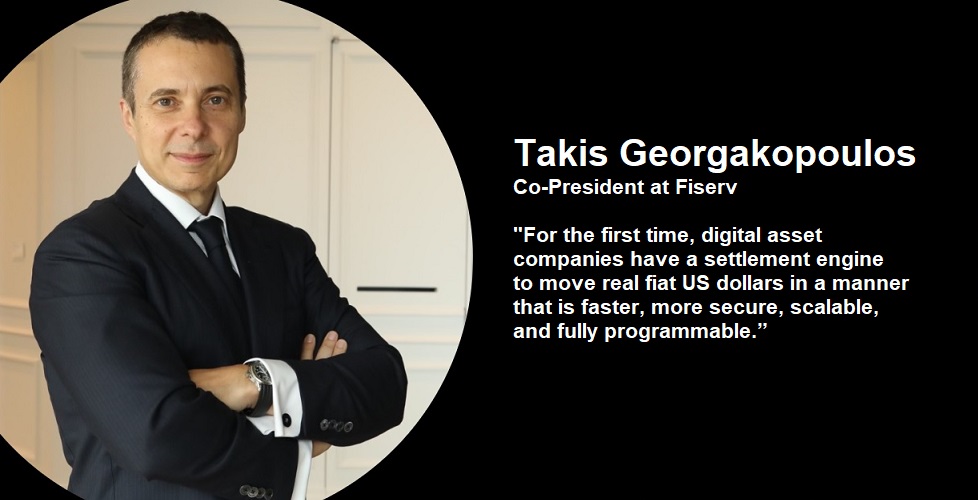The World Federation of Exchanges sets out good practice for crypto-asset custody providers

The World Federation of Exchanges (WFE), the global industry association for exchanges and central clearing counterparties, has published recommendations that establish good practice for crypto-asset custody providers, drawing lessons from traditional financial markets to guide the emerging digital asset space.
The ruling against FTX and Alameda in the US earlier this month exemplifies the broader shift in expectations for the crypto industry to be held to higher standards closer to that of well-functioning finance, ensuring stronger protections for investors.
The next area that needs addressing is the inadequate custody control amongst crypto platforms, which underscores the risk to both market integrity and investor protection. Without proper custody controls there is a heightened risk of financial loss, fraud and mismanagement. This undermines investor confidence and the overall integrity of markets.
The report addresses the urgent need for regulation and best practices in the wake of high-profile failures within the crypto industry and this can make the difference in attracting investment from institutions yet to allocate to crypto.
The WFE recommends that crypto custody providers:
. Consider segregating client assets to ensure they are protected in the event of a company’s bankruptcy.
. Ensure client assets remain bankruptcy-remote, ie, separate from those of other persons, whether legal or natural.
. Address cyber risks through thoughtful technology architecture decisions and the operation of mature cyber security programmes
. Provide more than a place to hold or administer assets.
. Ensure that conflicts of interest are adequately managed and addressed.
. Manage all aspects of operational resilience across their support model.
. Disclose risks in a way that is clear and understandable, particularly for retail customers.
. Have adequate insurance and/or surety bonds and disclose these policies in clear understandable terms.
. Seek independent audits from reputable and credible auditors to provide an assessment of financial statements, process and controls.
Nandini Sukumar – the CEO of the WFE commented, “The FTX collapse and longstanding worries about insufficient custody controls in the crypto industry highlight risks to both market integrity and investor protection. Crypto custody providers should learn from more traditional markets that have a track record of functioning well and can start by following the recommendations we have set out today.”
Richard Metcalfe, Head of Regulatory Affairs at the WFE commented, „Custody providers in the digital asset space can, and should, extend their services beyond mere safekeeping. In established markets, custody services offer a comprehensive range of functions—including compliance, risk management, and asset servicing—that could significantly enhance the robustness and credibility of crypto-asset custody. The frameworks in Switzerland, with its DLT law, and Germany (the ‘Financing for the Future Act’) are good examples of jurisdictions that have recognised the importance of segregating crypto-assets in the event of bankruptcy, meaning that clients can expect the same protections that exist for investors in existing financial products. We hope to see frameworks like these established in all jurisdictions.”
Read the full paper here.
__________
Established in 1961, the World Federation of Exchanges is the global industry association for exchanges and clearing houses. Headquartered in London, it represents the providers of over 250 pieces of market infrastructure, including standalone CCPs that are not part of exchange groups. Of our members, 36% are in Asia Pacific, 43% in EMEA and 21% in the Americas. The WFE’s 87 member CCPs and clearing services collectively ensure that risk takers post some $1.3 trillion (equivalent) of resources to back their positions, in the form of initial margin and default fund requirements. The exchanges covered by WFE data are home to over 55,000 listed companies, and the market capitalization of these entities is over $111tr; around $124tr in trading annually passes through WFE members (at end-2023).
The WFE is the definitive source for exchange-traded statistics and publishes over 350 market data indicators. Its free statistics database stretches back more than 40 years and provides information and insight into developments on global exchanges. The WFE works with standard-setters, policy makers, regulators and government organisations around the world to support and promote the development of fair, transparent, stable and efficient markets. The WFE shares regulatory authorities’ goals of ensuring the safety and soundness of the global financial system.
Dariusz Mazurkiewicz – CEO at BLIK Polish Payment Standard
Banking 4.0 – „how was the experience for you”
„To be honest I think that Sinaia, your conference, is much better then Davos.”
Many more interesting quotes in the video below:










